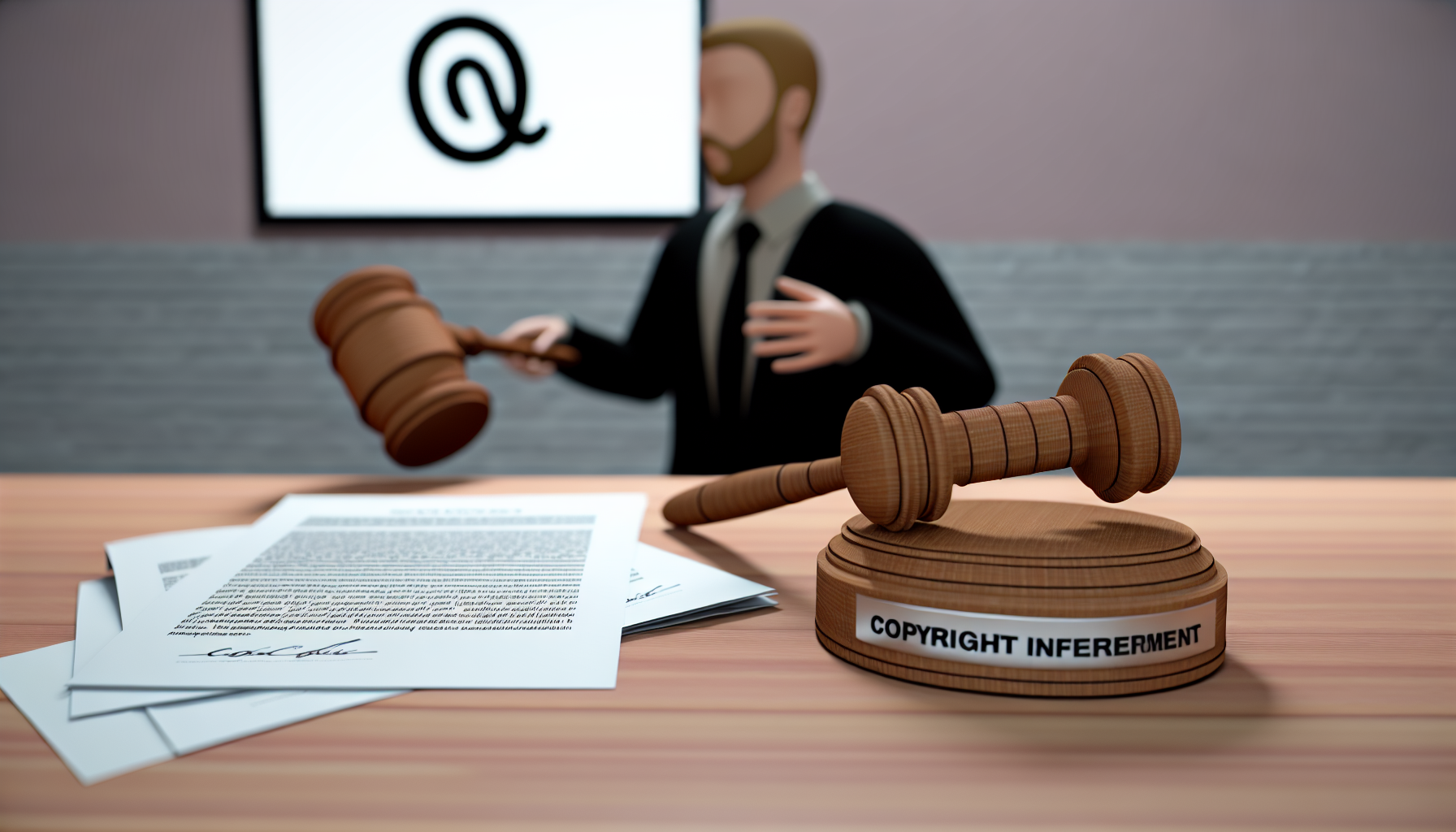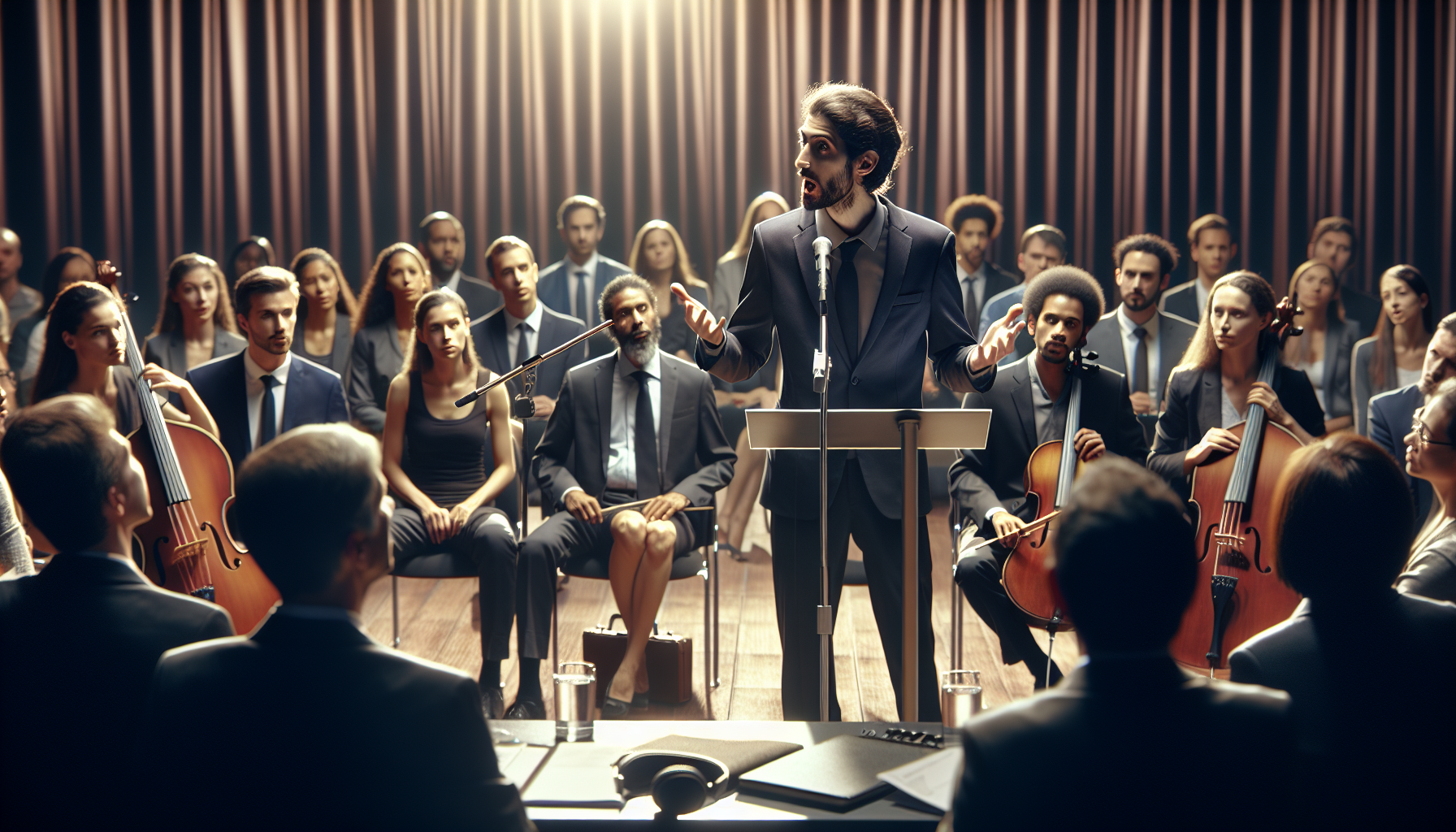OpenAI Faces Copyright Infringement Lawsuit in Canada
OpenAI, the brain behind the wildly popular ChatGPT, is currently in hot water as it faces a copyright infringement lawsuit in Canada. This development raises significant questions about the implications for AI technology and the evolving understanding of intellectual property rights in the digital age.
The Lawsuit and Its Implications
The lawsuit, which has garnered attention from both tech enthusiasts and legal experts, revolves around allegations that OpenAI’s models have improperly utilized copyrighted materials. This case is particularly notable as it could set a precedent concerning how AI companies obtain and use data to train their systems. The implications of this lawsuit extend beyond just OpenAI; they could affect numerous AI startups and large tech firms that rely heavily on data-driven algorithms.
OpenAI’s Response
In response to the lawsuit, OpenAI emphasized its commitment to ethical AI development. The company released a statement underscoring its dedication to respecting copyright and intellectual property laws while continuously improving its products for enhanced user experience. While legal disputes such as this can be concerning, it’s important to acknowledge that they also serve as catalysts for refining technology and legal frameworks.
Enhancing Productivity and Workflow
Despite the legal challenges, tools like ChatGPT have revolutionized how we approach productivity and workflow enhancement. AI technologies offer functionalities that help reduce time spent on mundane tasks, allowing professionals to focus on creativity and strategic decision-making. As these tools evolve, they serve as invaluable assets for various industries, from marketing to data analysis.
- Improved Communication: AI writers can draft emails, reports, and content at lightning speed.
- Data Analysis: AI tools analyze vast datasets more efficiently than any human could.
- Task Automation: Routine tasks can be automated, reducing the risk of burnout.
Looking Ahead
As we navigate the complexity of AI’s intersection with copyright law, it’s essential to stay informed about the latest developments. Understanding these changes not only helps businesses comply with existing laws but also encourages the ethical development of AI technologies that enhance our daily workflow.
Whether you’re a tech enthusiast, entrepreneur, or just curious about the landscape of artificial intelligence, the ongoing lawsuit against OpenAI illustrates the importance of balancing innovation with accountability. It’s a thrilling time to witness how these technologies will reshape our world, even amid legal tussles.
For more in-depth coverage on this legal battle and its implications for the future of AI, check out the original article on Times of India.
https://timesofindia.indiatimes.com/technology/tech-news/chatgpt-maker-openai-faces-copyright-infringement-lawsuit-in-canada-read-the-companys-statement-here/articleshow/115858424.cms






